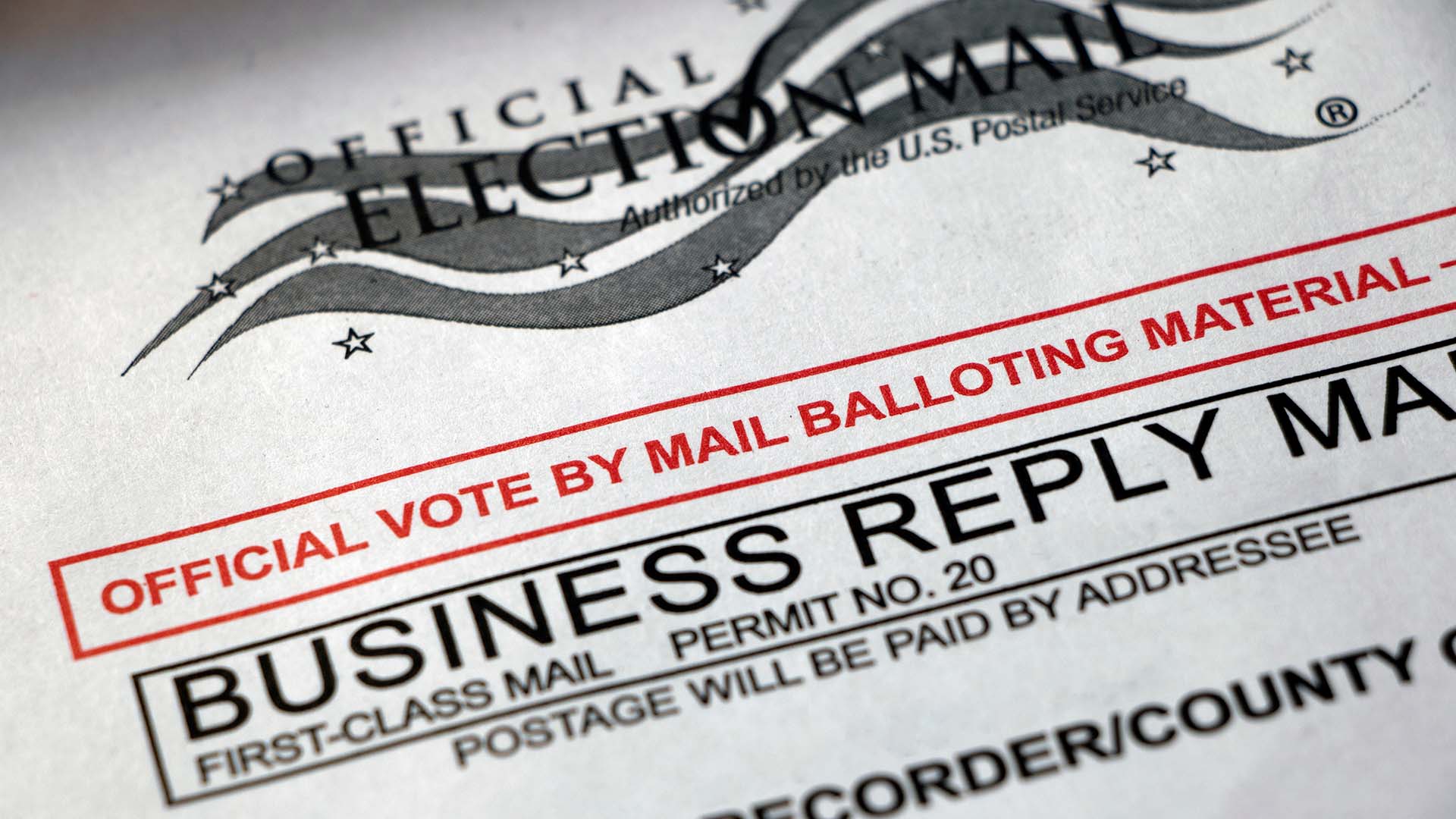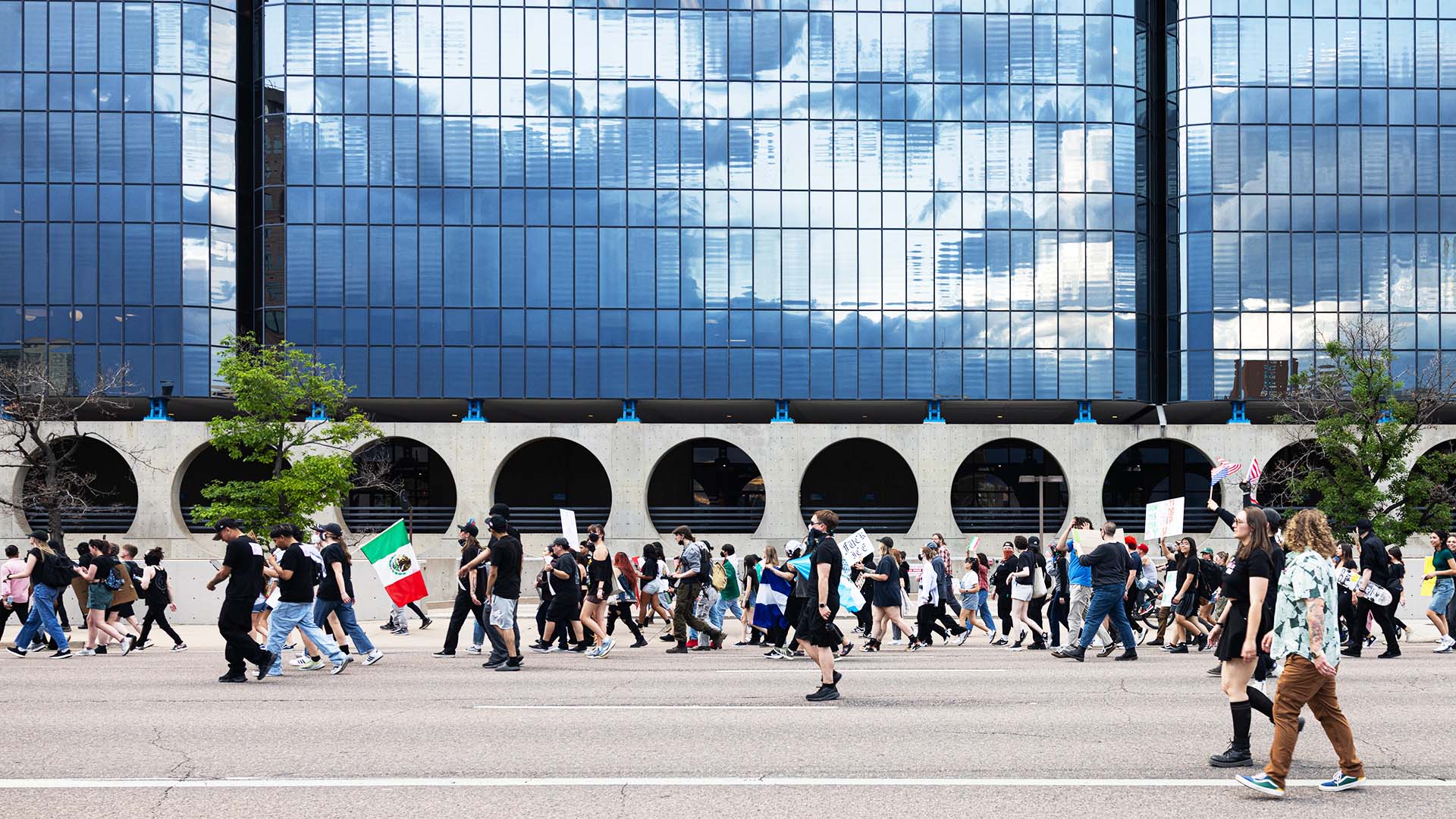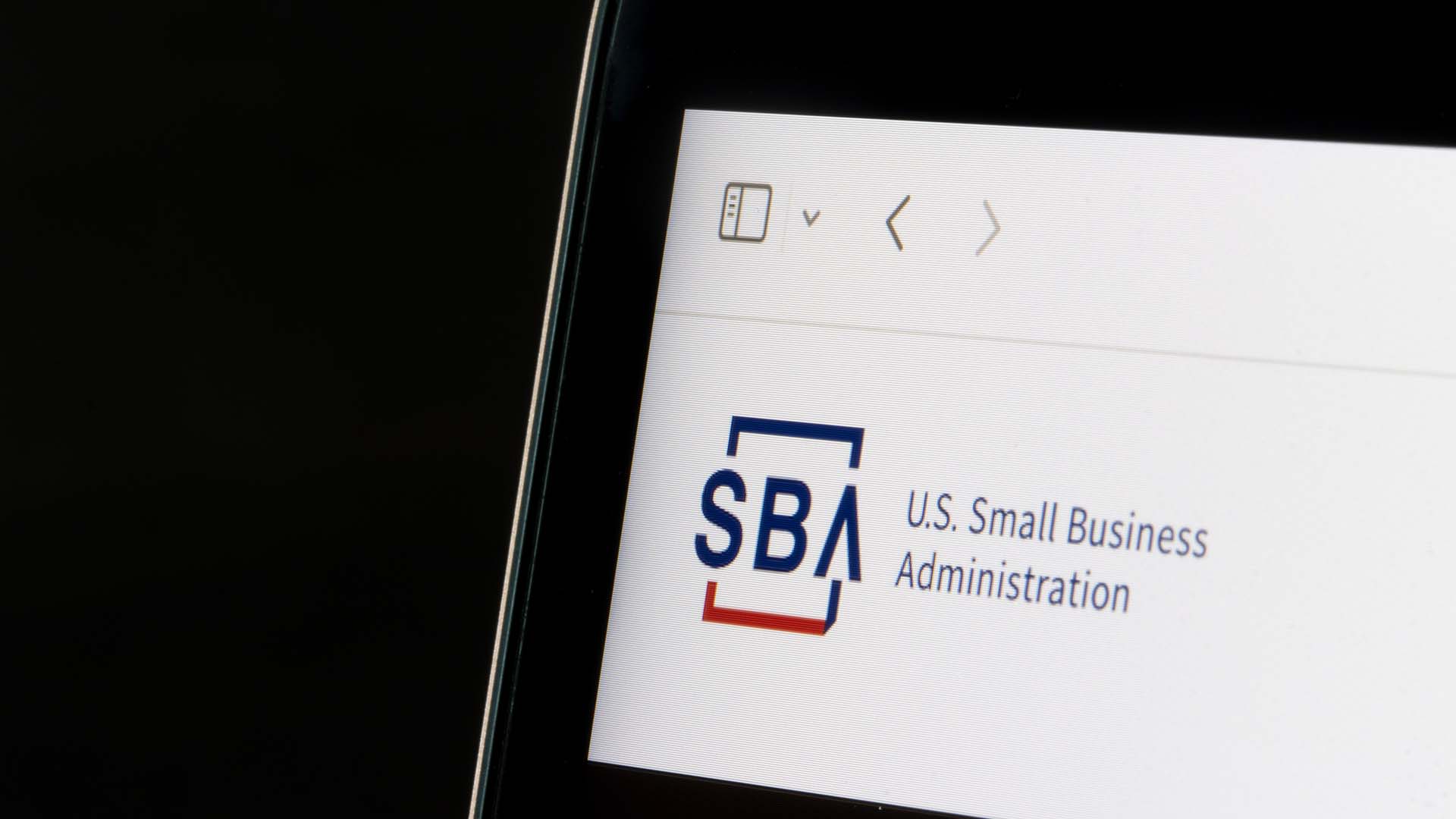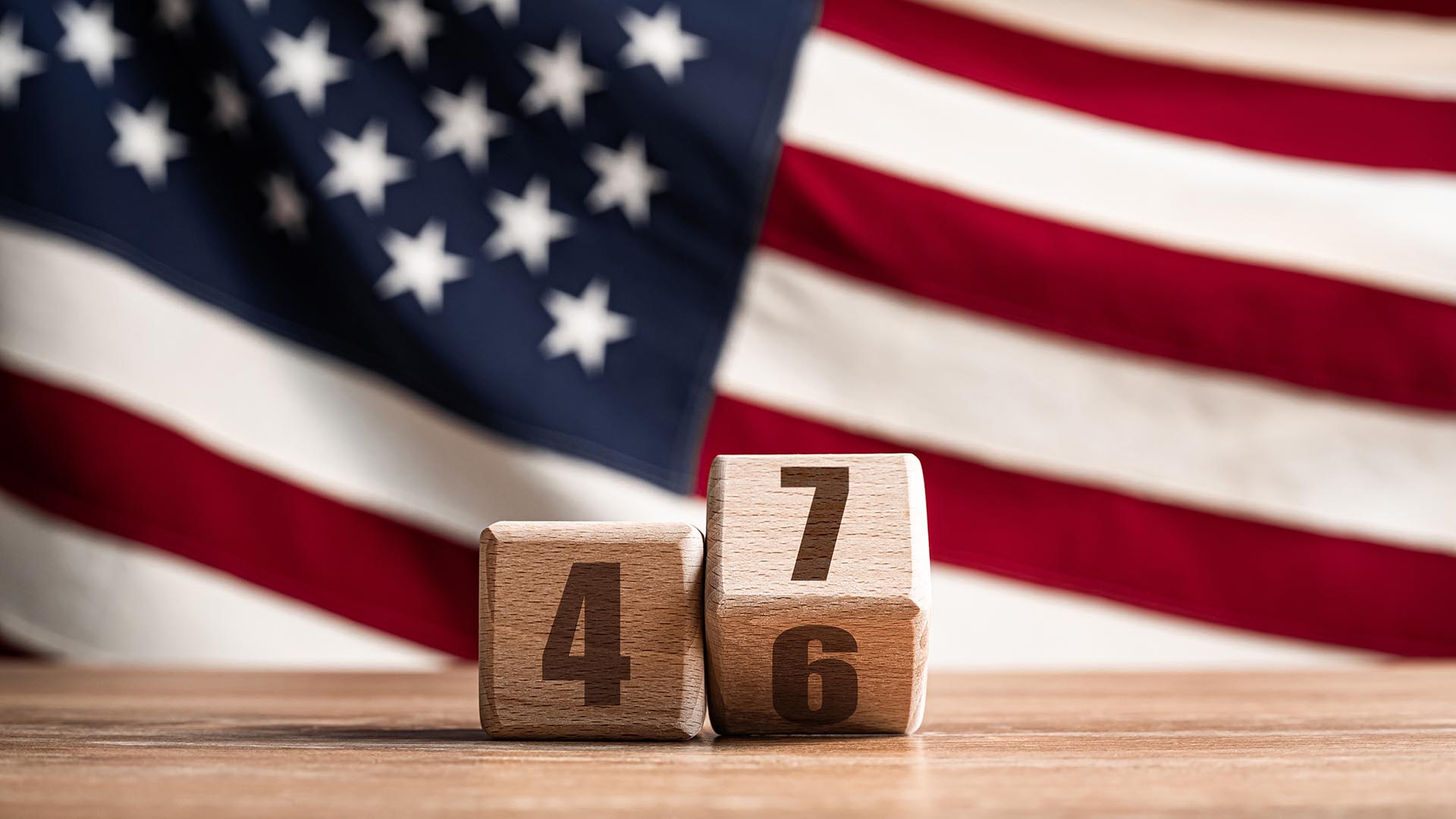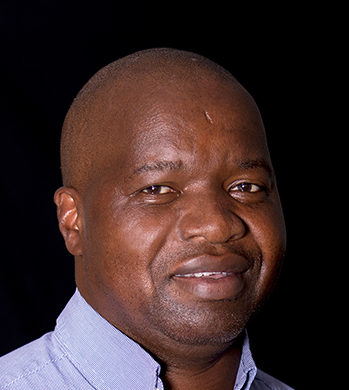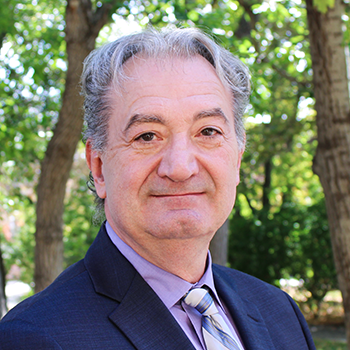Citizenship limbo
Colorado’s backlog of naturalization applications is at historic highs. Here’s how delays impact immigrants — and the state.
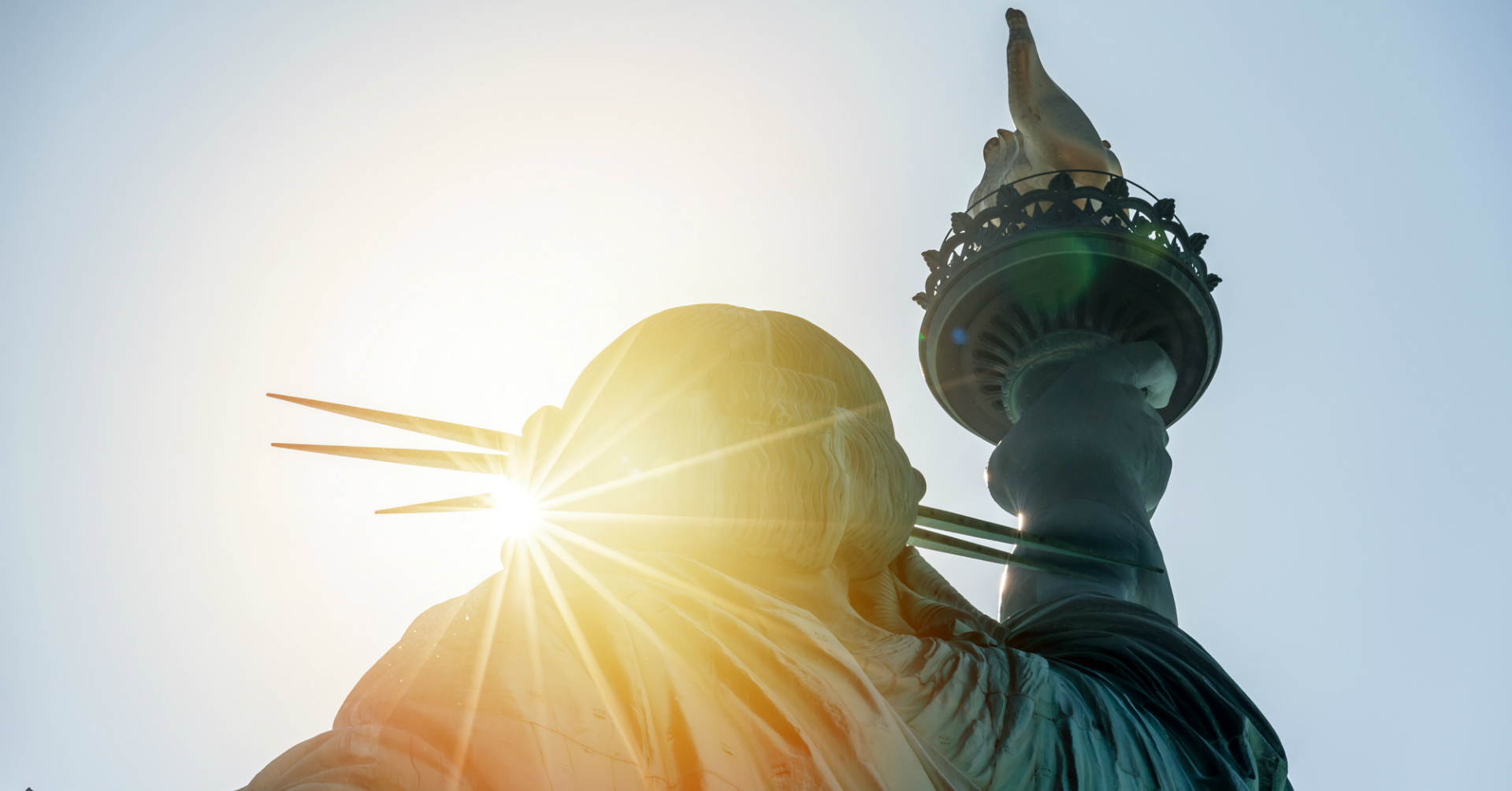
A record number of people in Colorado are waiting in line to become naturalized U.S. citizens, according to a recent report from the Golda Meir Center for Political Leadership, a nonpartisan educational project of Metropolitan State University of Denver’s Political Science Department.
There are more than 9,300 applications awaiting completion with processing times of at least 11 months for over half of those applicants, said Robert Preuhs, Ph.D., professor of political science at MSU Denver and author of the report.
Even with these long processing times, only 14.5 percent of completed applications in Colorado resulted in a denial of naturalization in the fourth quarter of 2018, the report found.

“In that timeframe individuals aren’t considered citizens, even though a vast majority are essentially eligible,” Preuhs said. “As the backlog extends, the reality is many folks are left waiting in limbo. It really comes down to an administrative process of checking the boxes.”
Colorado’s historic backlog means many of those applicants won’t be able to participate in the state’s 2019 municipal elections, he said. Given the extent of the logjam, it could extend through the 2020 congressional and presidential election.
But voting isn’t the only aspect of civic life in which these applicants aren’t able to participate, Preuhs said.
“It’s access to all the rights of citizenship, including travel with a U.S. passport, aspects of due process and general civic engagement,” he said.

Several factors contribute to the bottleneck in Colorado, said Preuhs, who recently contributed to a U.S. Commission on Civil Rights panel on the subject.
First, an increase in applications in early 2016 added to an existing backlog, resulting in an overall increase of 132 percent in pending cases in Colorado from 2013 to 2018, according to the report.
Second, there hasn’t been an increase in the administrative infrastructure or amount of cases processed relative to this historic volume, Preuhs said.
“Often, applications for naturalization have increased due to political events,” he said. “One contributing factor could well be the heightened national debate over immigration and the current presidential administration’s relative policies.”
Funds have also been shifted from the processing of applications to enforcement priorities, contributing to the backlog, Preuhs said.

Compared to the rest of the country, Colorado is on the higher end when it comes to delays in processing naturalization applications. For some places in Texas, it takes more than a year and a half on average, while wait times in certain Ohio service centers average less than six months, Preuhs said.
Across the board, though, the trend is clear: More people have been applying to become naturalized citizens and it’s taking them longer to be approved or denied.
While the number of individuals impacted relative to the voting-age population remains small in Colorado — affecting margins of less than one percent, according to Preuhs — the numbers continue to increase.
“It sends a message to our immigrant communities here that you’ve done everything you’re supposed to do, you’ve waited in that proverbial line, and we still aren’t that interested in timely processing of your application to receive the benefits of citizenship,” he said.

